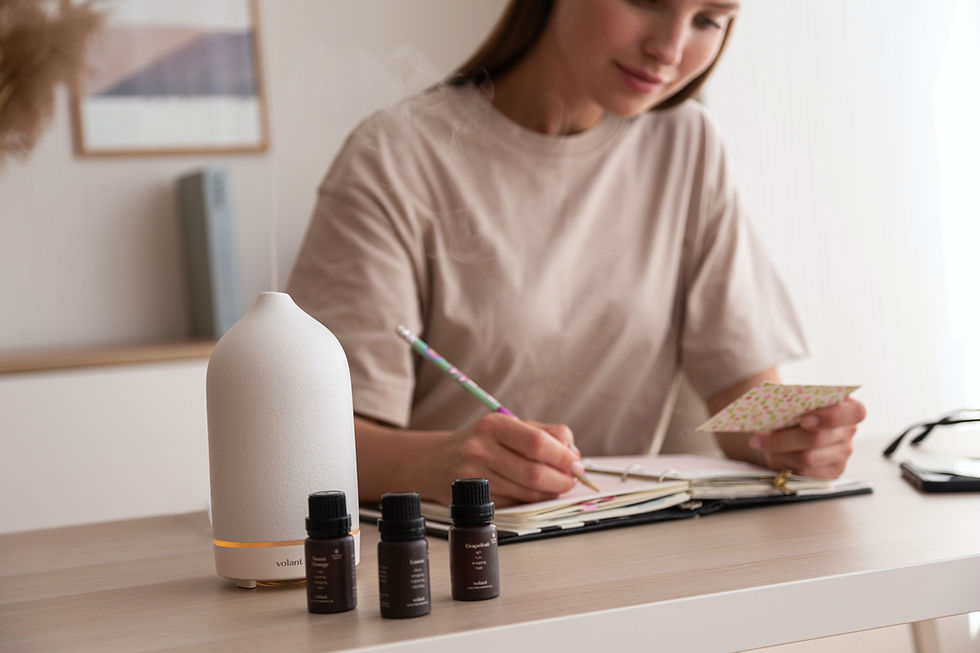The Art of Journaling: Self-Reflection and Creativity on Paper
- Cultural Dose

- Jul 27, 2023
- 2 min read
In an age increasingly defined by digital communication, the practice of journaling has made a triumphant resurgence. Far more than a simple diary, journaling is a powerful tool for self-reflection, creativity, stress management, and mindfulness. This article will explore the art of journaling and offer tips to help you start your own personal journal.

Understanding Journaling
At its core, journaling involves the regular practice of writing down your thoughts, feelings, ideas, and experiences. It provides a private space for self-expression, introspection, and exploration, free from judgement or interruption. Over time, this process can yield deep insights into your inner self, helping you understand your emotions, solve problems more effectively, and track your personal growth.
Benefits of Journaling
Self-Reflection: By putting your thoughts into words, you can gain clarity on your emotions and identify patterns in your thinking. This self-awareness can guide personal growth and emotional development.
Stress Relief: Writing about your experiences and feelings can help you process emotions, release tension, and manage stress more effectively.
Creativity Boost: Journaling can stimulate creativity. Whether you're brainstorming ideas or sketching alongside your notes, the journal becomes a playground for your imagination.
Memory Preservation: Journals act as a personal history book, preserving your thoughts, experiences, and ideas for future reflection.
Starting Your Journaling Journey
Choose a Medium: The traditional pen and paper may appeal to you, or you might prefer a digital journal. The key is to choose a medium that encourages you to write regularly.
Set Aside Time: Dedicate a specific time each day for journaling. It might be first thing in the morning to set your intentions for the day, or last thing at night to reflect on the day's events.
Write Freely: Remember, your journal is a judgement-free zone. Don't worry about grammar or spelling. The goal is to express yourself freely and honestly.
Start Simple: If you're unsure what to write, start with a simple prompt such as "How am I feeling today?" or "What made me smile today?" Over time, your entries can become more complex and introspective.
Personalise Your Journal: Make your journal a space you enjoy. This might involve decorating the cover, using coloured pens, or adding sketches or photos to your entries.
Journaling is a simple yet profound practice. It not only allows you to record your life but also helps you understand it better. Whether you're looking for a creative outlet, a therapeutic tool, or a means of self-discovery, journaling could be the rewarding practice you need. Remember, the most important aspect of journaling is the process itself, not the final product. Enjoy the journey of self-expression and self-discovery.




Comments